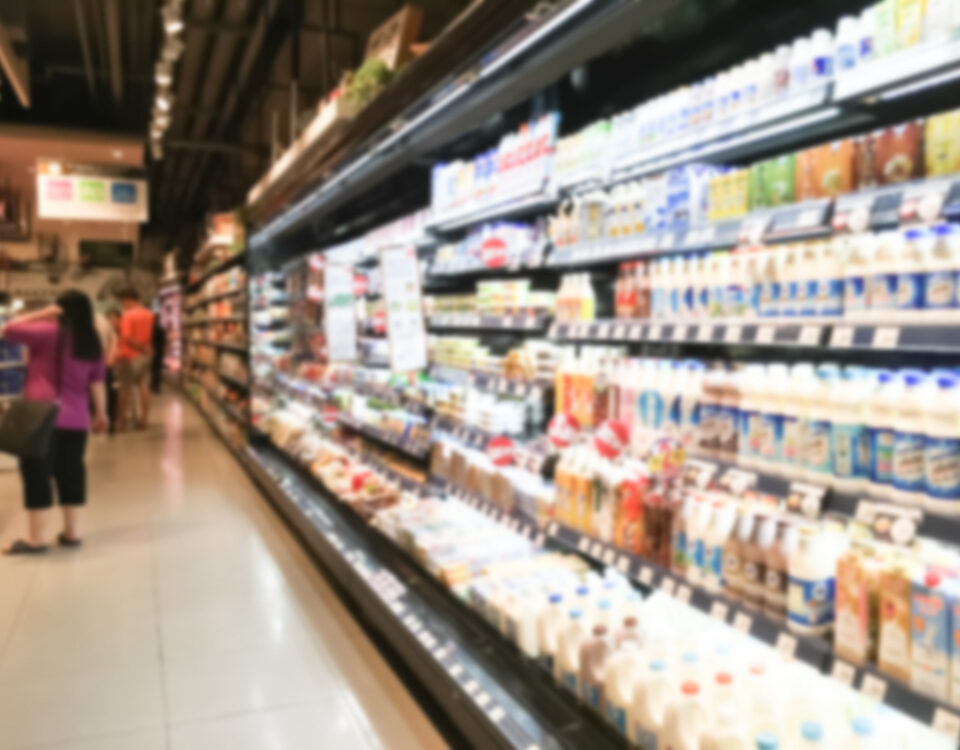The Ministry of Trade and Industry is reviewing Trinidad and Tobago’s trade with both Ukraine and Russia to determine what impact the on-going conflict will have on this country’s international trade especially as it relates to food security.
Domestic Trade
Based on preliminary findings, trade with both countries is relatively small. Specifically, Trinidad and Tobago’s total average annual exports to Ukraine and Russia during the period 2016-2021 was approximately TT$3.9 Million and TT$6.3 Million respectively. Over the same period Trinidad and Tobago’s total average annual imports from Ukraine was approximately TT$6.4 Million. Imports from Russia have significantly declined since 2010 from TT$1.4 Billion to TT$24 Million in 2021.
The main items currently imported from Ukraine are condensed milk and split peas. In the case of the former, this item is now being produced in Jamaica and therefore can be easily sourced regionally. Split peas is also imported from several other markets by local importers.
The non-energy items exported to Russia in 2021 were machinery and metal parts while the main imports were sulphur (used in water treatment) and newsprint. Both imported items are also sourced in other markets by importers.
International Trade
While the items directly imported from both countries are small in number, it should be noted that the on-going conflict can have a wider impact on global trade and all countries integrated into the international trading system will be affected.
Over the past 30 years, the Black Sea region (which is now the epicentre of the ongoing conflict) has emerged as an important global supplier of grains and oilseeds, including vegetable oils. Today, Russia and Ukraine are among the top five global exporters for many important cereals and oilseeds, including barley, sunflower and maize. Ukraine is also an important source of sunflower seed oil, supplying about 50% of the global market. Russia is also the world’s top wheat exporter and together with Ukraine, both account for roughly 30% of the global wheat export market. Russia and Ukraine are also big suppliers of metals and other commodities.
Supply chain disruptions due to port closures will also negatively impact global commodity markets possibly resulting in increased food inflation in all countries globally.
The Ministry of Trade and Industry will continue to monitor actively developments in the international trading system and work with all relevant stakeholders as appropriate to ensure food security by mitigating as far as is possible any negative impacts associated with commodity shortages and price increases.






